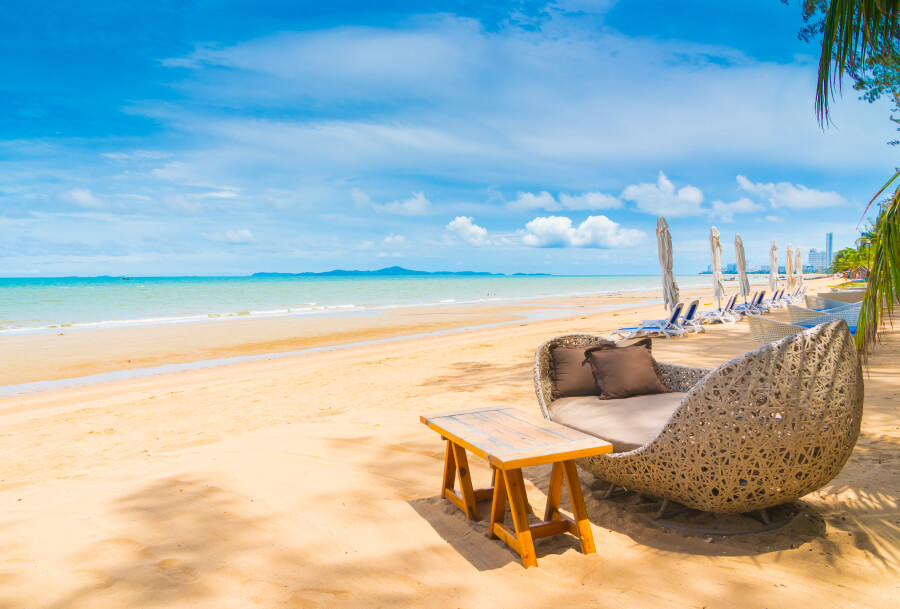THE MOST IMPORTANT VITALS WHILE TRAVELLING
Traveling, whether for business or pleasure, can be an exciting and enriching experience. However, it’s crucial to stay mindful of your health, especially when journeying to unfamiliar places. Monitoring key vitals can help you stay on top of your well-being and ensure a smooth trip. Here are the most important vitals to keep an eye on while traveling:
1. Hydration Levels
Why It’s Important: Dehydration can sneak up on you, especially during long flights, in hot climates, or when you’re busy exploring. Symptoms include fatigue, dizziness, and headaches.
How to Monitor: Carry a refillable water bottle and aim to drink at least eight cups of water daily. Keep an eye on the color of your urine; pale yellow indicates good hydration, while darker shades suggest you need more fluids.
2. Heart Rate
Why It’s Important: Monitoring your heart rate can help you gauge your physical exertion levels and overall cardiovascular health. It’s particularly important if you have a history of heart issues or are engaging in strenuous activities like hiking.
How to Monitor: Use a fitness tracker or smartwatch to keep track of your heart rate. The normal resting heart rate for adults ranges from 60 to 100 beats per minute. Consult a healthcare provider if your heart rate is consistently too high or low.
3. Blood Pressure
Why It’s Important: High blood pressure is a silent risk factor for heart disease and stroke. Travel can sometimes increase stress levels, affecting your blood pressure.
How to Monitor: Portable blood pressure monitors are compact and easy to use. Check your blood pressure periodically, especially if you’re prone to hypertension. A normal reading is around 120/80 mm Hg.
4. Sleep Patterns
Why It’s Important: Adequate sleep is essential for overall health and well-being. Travel can disrupt your sleep cycle, particularly when crossing time zones.
How to Monitor: Aim for 7-9 hours of sleep per night. Use sleep-tracking apps or devices to monitor your sleep quality and duration. Pay attention to how refreshed you feel in the morning and make adjustments to your routine if needed.
5. Blood Sugar Levels
Why It’s Important: For individuals with diabetes or those prone to hypoglycemia, maintaining stable blood sugar levels is crucial. Unfamiliar foods and irregular eating schedules can pose challenges.
How to Monitor: Carry a portable glucose meter and test strips. Monitor your blood sugar levels before meals, after eating, and before bed. Keep snacks handy to manage any sudden drops in blood sugar.
6. Body Temperature
Why It’s Important: A sudden change in body temperature can be a sign of infection or illness, such as heatstroke or fever.
How to Monitor: A digital thermometer is a handy tool to have in your travel kit. A normal body temperature ranges from 97°F (36.1°C) to 99°F (37.2°C). Seek medical attention if your temperature is abnormally high or low.
7. Oxygen Saturation
Why It’s Important: Oxygen saturation indicates how well your lungs are supplying oxygen to your body. This is especially important for those with respiratory issues or when traveling to high altitudes.
How to Monitor: Use a pulse oximeter to measure your oxygen levels. A normal reading typically ranges from 95% to 100%. Levels below 90% may indicate a need for medical attention.
8. Respiratory Rate
Why It’s Important: Your respiratory rate can indicate stress, anxiety, or respiratory issues. It’s essential to monitor, especially during physical activities or when feeling unwell.
How to Monitor: Count the number of breaths you take per minute while at rest. A normal rate for adults is 12-20 breaths per minute. An unusually high or low rate may require medical attention.
9. Mental Well-being
Why It’s Important: Traveling can sometimes cause stress, anxiety, or homesickness. Monitoring your mental well-being is just as important as physical health.
How to Monitor: Take note of your mood and energy levels. Engage in mindfulness practices, like meditation or deep breathing exercises, and seek support if you’re feeling overwhelmed.
10. Skin Health
Why It’s Important: Exposure to the sun, different climates, and various skincare products can affect your skin. Sunburn, rashes, or other skin issues can arise during travel.
How to Monitor: Regularly apply sunscreen with a high SPF, especially if you’re spending time outdoors. Keep an eye on any changes in your skin, such as new moles or rashes, and consult a healthcare professional if you notice anything concerning.
Traveling is a wonderful opportunity to explore new places and cultures, but it’s crucial to prioritize your health and well-being. By monitoring these vital signs, you can ensure a safe and enjoyable journey. Remember, preparation is key, so pack any necessary medical supplies and consult with your healthcare provider before embarking on your adventure. Safe travels!



